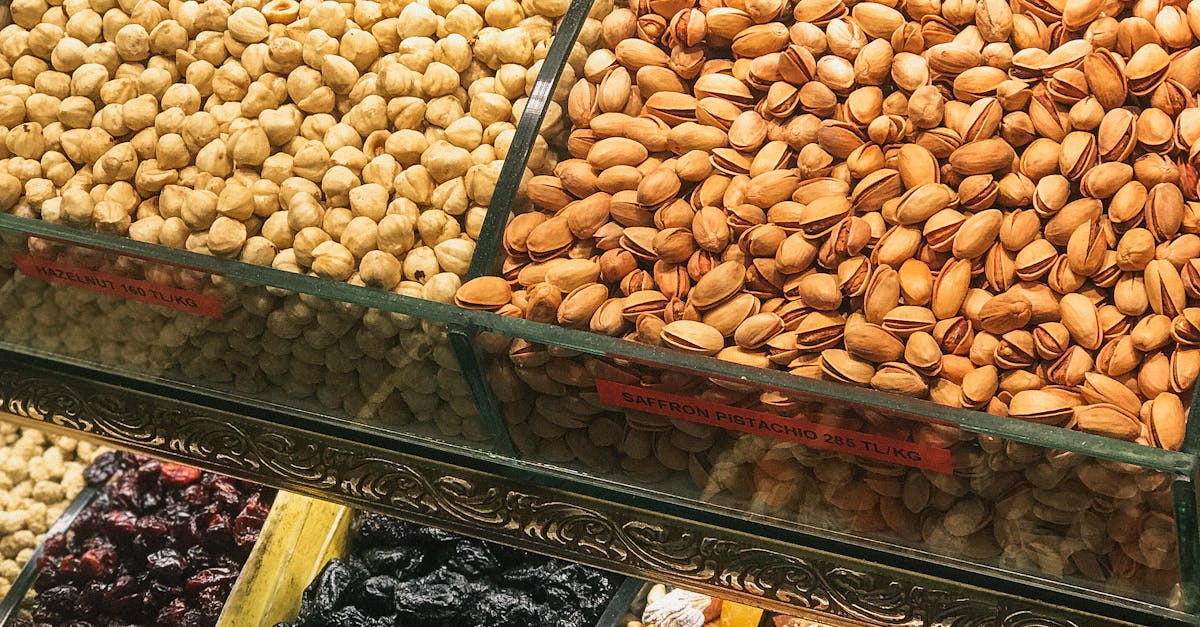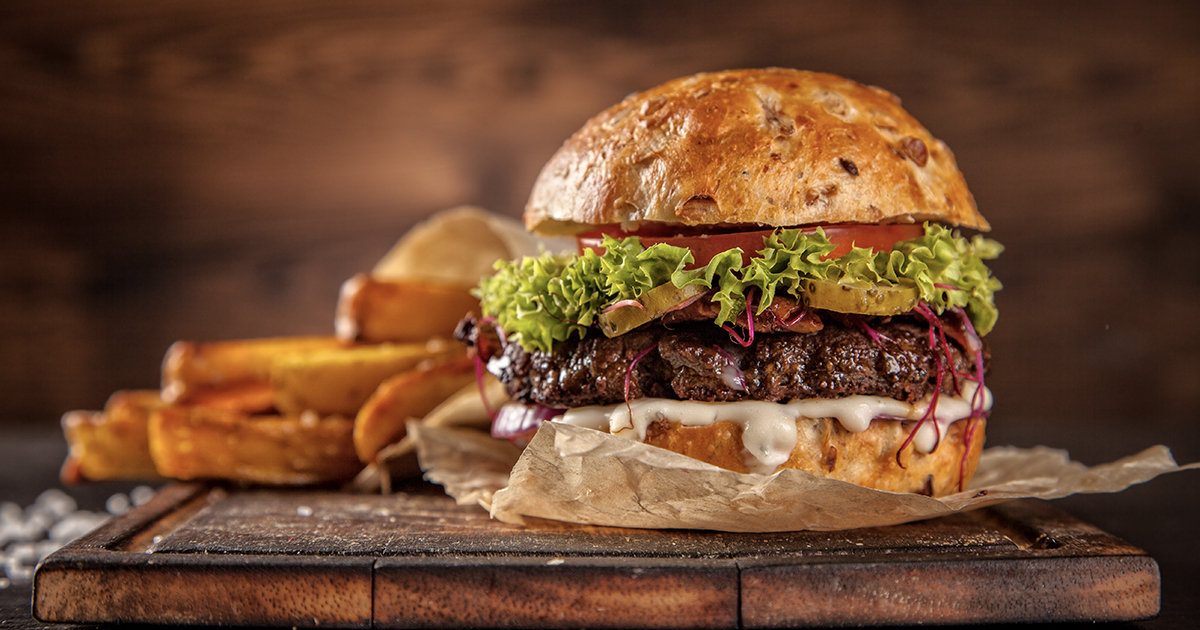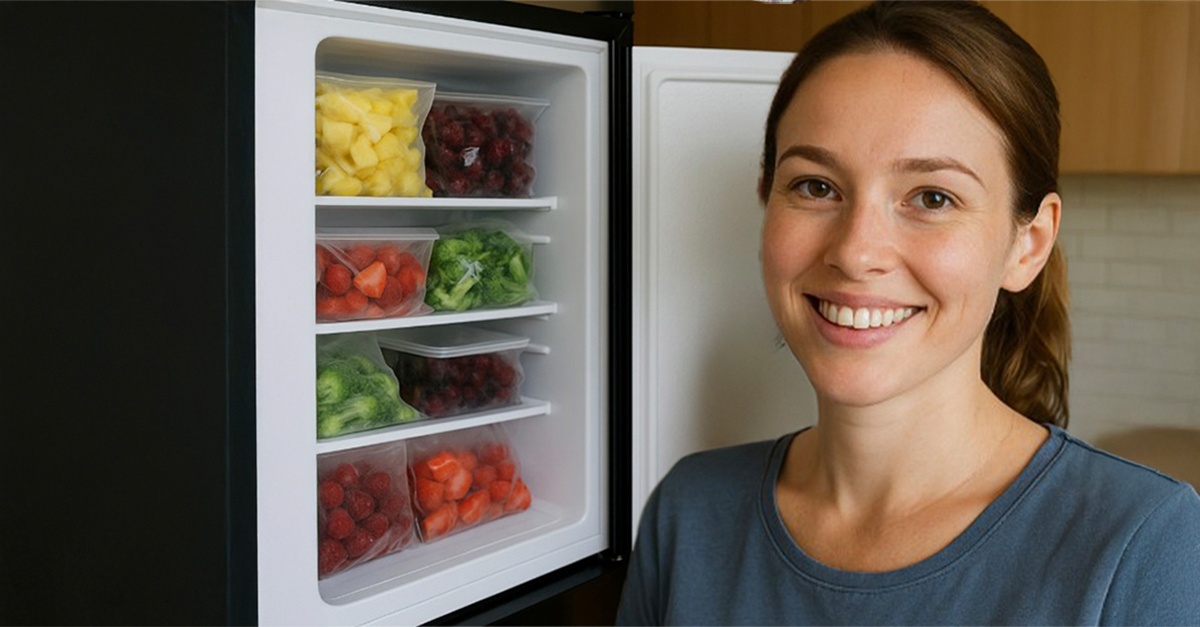The inflation rate has dropped off but prices at the grocery store keep going up and up all the time. Let’s face it, we’re never going to eliminate inflation entirely. But there are some time-tested and reliable strategies to reduce its impact on your wallet. Here are 10 of them to get you started.
Plan Meals Around Sales
Creating a weekly meal plan based on grocery store flyers or digital deals ensures that you're buying what's discounted. This approach reduces the need for impulse purchases and helps you stretch every dollar. By building your menu around current promotions, you can significantly lower your overall food spending without sacrificing variety or nutrition.
Use Loyalty Programs And Digital Coupons
Most big supermarket chains offer loyalty programs that provide member-only discounts and digital coupons. These tools can automatically apply savings at checkout or offer points redeemable for future purchases. Make it a habit to check your grocery store’s app before shopping. Stacking digital coupons with in-store sales can yield impressive results, especially on household staples and name-brand items.
Buy Store Brands Instead Of Name Brands
Store-brand products often cost 20–30% less than their name-brand versions and are usually made by the same manufacturers. Items like canned goods, spices, dairy, and cereal are pretty much impossible to tell apart. Making the switch can bring down your grocery bill and not compromise what ends up on your plate.
Purchase In Bulk, But Use Your Brain
Buying in bulk can save you money, but only if you’re purchasing stuff you regularly use and that won’t expire soon. Going hog-wild buying bulk food will defeat the purpose if it doesn’t get eaten. Focus on non-perishables like rice, pasta, canned foods, and cleaning supplies. Join a warehouse club or co-op. You’ll have access to all their bulk discounts and share larger quantities with friends or family.
Avoid Pre-Cut Or Pre-Packaged Items
Convenience comes at a price. Pre-cut fruit, bagged salads, and individually packaged snacks usually cost quite a bit more than their whole or bulk versions. Puttin a bit of time into your meal prep and portioning can bring big savings over time. For example, chopping your own veggies can be half the price of buying them pre-sliced.
Shop With A List And Stick To It
Impulse purchases are one of the biggest culprits of overspending at the supermarket. Writing a detailed shopping list based on your meal plan keeps you from randomly throwing items into your cart according to whatever mood you’re in. You can use apps and digital planners to make your list and even sort by aisle, speeding up your shopping trip and eliminating temptations.
Shop Seasonally And Locally
Produce that’s in season is fresher and cheaper. Local farmers' markets or community-supported agriculture (CSA) programs can offer great deals on fruits and vegetables without the markup of the big grocery chains. Knowing what’s in season in your area will help you plan better meals and save even more money.
Use Cash-Back And Budgeting Apps
Apps like Ibotta, Fetch Rewards, or Rakuten ley you to scan receipts and earn cash-back or gift cards for things you’d buy anyway. Budgeting tools like YNAB or Mint can help you track spending patterns and locate blind spots where you’ve been spending too much. Using both kinds of apps together can give you great control and insight into your food expenses.
Cut Back On Packaged Foods
Highly processed and convenience foods are usually more expensive and are not as good for you. Cooking from scratch might require more effort, but it’s cheaper and healthier. Basic ingredients like beans, lentils, rice, pasta, and seasonal vegetables can provide nutritious meals at a fraction of the cost.
 The Lazy Artist Gallery, Pexels
The Lazy Artist Gallery, Pexels
Stock Up During Major Sales
Holiday weekends and changes to the season can bring big discounts. When your favorite items are deeply discounted, buy a goodly amount so it’ll last until the next sale cycle. Use a freezer or pantry inventory system to track what you’ve stored and make sure nothing goes to waste. This habit can help you lock in lower prices and cut down on mid-week trips to the store.
You May Also Like:
20 Foods to Buy Before a Food Shortage
12 Shocking Foods People Ate To Survive The Great Depression











